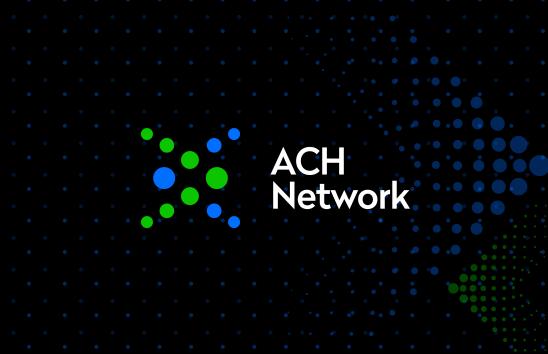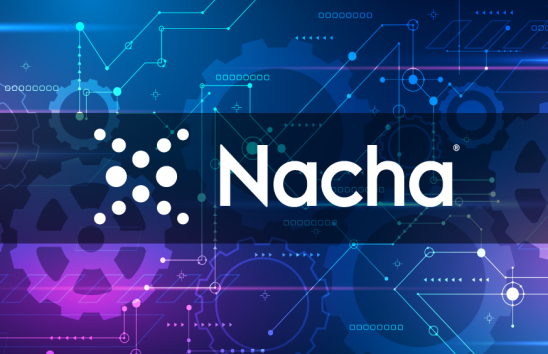Customer Service Inquiries: ACH Processing and Hurricane Katrina
In the aftermath of Hurricane Katrina, financial institutions are likely to receive numerous inquiries from their account holders regarding the processing of ACH debit entries to their accounts. It is anticipated that many of these questions may relate to the consumer’s ability to stop these debits to their accounts so that their funds can be available to them for more immediate needs.
The following question and answer format is intended to provide guidance to RDFIs in responding to the needs of their account holders while remaining in compliance with the requirements of the Nacha Operating Rules.
Q. My account holder has requested that debits no longer be permitted to post to his account. Can I return these transactions as unauthorized/authorization revoked?
A. To return an entry as authorization revoked, the consumer first must have revoked his authorization directly with the Originator. If the consumer has already contacted the Originator and revoked his authorization to debit his account, no further debits should be originated to the Receiver’s account. However, in the event that any debits are originated subsequent to the revocation of the consumer’s authorization, the RDFI may recredit the consumer’s account and return the debits as authorization revoked (R07), provided that the Receiver has provided the RDFI with a written statement under penalty of perjury.
Account holders are not required to sign written statements under penalty of perjury in person at the financial institution. Rather, physical documents may be signed and transmitted via facsimile, or they may be authenticated by the consumer over the telephone by speaking or key-entering a code provided on the form provided by the RDFI. Written statements under penalty of perjury may also be provided to the consumer in electronic form and similarly authenticated by the consumer through the use of a digital signature, PIN, password, shared secret, etc.
Q. What can I do if my customer has not had an opportunity to revoke authorization directly with the Originator? Can I still keep the debit from posting?
A. If the consumer has not yet revoked his authorization directly with the Originator, and the debit has not yet posted to the Receiver’s account, the consumer may place a stop payment order on the entry. (No written statement under penalty of perjury is required for a stop payment return.) Although this action will not stop the origination of future debit entries by the Originator, it will enable the RDFI to return the most immediate transaction, preventing funds from being removed from the consumer’s account.
The RDFI should instruct its consumer to contact the Originator as soon as possible to revoke authorization for any future debit entries to ensure that no subsequent entries are originated to the consumer’s account.
Q. Could there be problems if I choose to return entries as unauthorized/authorization revoked on behalf of my customers without having first obtained a written statement under penalty of perjury?
A. Financial institutions must make business decisions based on the needs of their account holders. To be free of any potential liability with respect to the return of unauthorized ACH debits, however, it is important that financial institutions, as RDFIs, obtain written statements under penalty of perjury for all returns transmitted using Return Reason Codes R07 (Authorization Revoked by Customer), R10 (Customer Advises Not Authorized), and R05 (Unauthorized Debit to Consumer Account Using Corporate SEC Code).
Q. How can I find out which financial institutions are experiencing closures and/or delays in processing due to Hurricane Katrina?
A. Although the number of financial institutions unable to retrieve ACH payments files is declining, certain financial institutions in areas impacted by Hurricane Katrina continue to experience FedACH payments connectivity outages. A list of the routing numbers affected is attached. Federal Reserve ACH payment processing and file delivery has not been impacted. For additional details and/or questions, please contact your designated FedACH Central Operations Site.
Q. Are there any additional resources available on the impact that Hurricane Katrina has had on ACH processing?
A. More information on Hurricane Katrina’s impact to ACH processing can be obtained from the Federal Reserve and Southern Financial Exchange.
Nacha CONTACTS
Questions about this ACH Operations Bulletin should be submitted via info@nacha.org.




